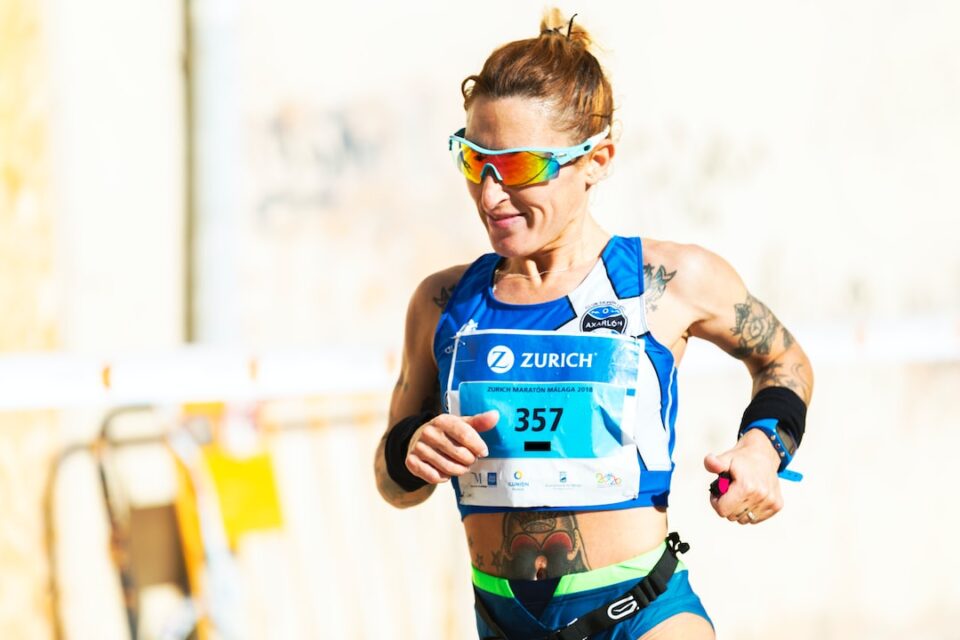The Science of Recovery in Athletics: Strategies to Optimize Rest and Regeneration
In the world of athletics, performance is everything. Athletes spend countless hours training to become faster, stronger, and more skilled in their respective sports. However, equally important to their success is the science of recovery. Understanding how to rest and regenerate effectively can make all the difference in an athlete’s performance. In this blog post, we will explore various strategies athletes can utilize to optimize their recovery and take their game to the next level.
One of the most crucial aspects of recovery is sleep. Sleep plays a vital role in the body’s ability to repair and rebuild itself. During sleep, the body releases growth hormones that aid in muscle repair and recovery. Additionally, sleep is essential for cognitive function and mental well-being. To maximize restful sleep, athletes should aim for a consistent sleep schedule, aiming for 7-9 hours of sleep each night. Creating a relaxing bedtime routine and ensuring a cool, dark, and quiet sleep environment can also help improve sleep quality.
Nutrition is another essential factor for proper recovery. Fueling the body with the right nutrients after exercise is crucial for replenishing energy stores and promoting muscle repair. Athletes should focus on consuming a balanced diet with adequate amounts of protein, carbohydrates, and healthy fats. Consuming a post-workout meal or snack that combines protein and carbohydrates within 30 minutes of exercise can enhance recovery by kickstarting muscle repair and glycogen replenishment.
Active recovery is also an effective strategy that athletes can incorporate into their training regimen. Engaging in low-intensity exercise on rest days can promote blood flow, reduce muscle soreness, and aid in recovery. Activities such as yoga, swimming, or light jogging can be beneficial for enhancing recovery without putting excessive strain on the body. Active recovery also helps to flush out metabolic byproducts, such as lactic acid, which can build up during intense training.
In addition to physical recovery, athletes should prioritize mental and emotional well-being. The demands of training and competition can be stressful, and chronic stress can hinder recovery. Techniques such as deep breathing exercises, meditation, and mindfulness can help reduce stress levels and promote relaxation. Engaging in activities and hobbies unrelated to sports can also provide a much-needed mental break, allowing athletes to recharge and refocus.
Another science-backed strategy for optimal recovery is the use of compression garments. Compression clothing, such as compression socks or tights, can improve blood circulation, reduce muscle vibration, and decrease muscle soreness. This aids in the removal of metabolic waste products and enhances the delivery of oxygen and nutrients to the muscles. Athletes can wear compression garments during and after exercise to accelerate recovery and reduce the risk of injury.
Finally, proper hydration is crucial for recovery. Water is involved in almost every metabolic process in the body, including muscle repair and nutrient transportation. Athletes should aim to drink water consistently throughout the day to stay hydrated. Electrolyte-rich beverages can also be beneficial for rehydrating and replenishing electrolytes lost through sweat. Hydration monitoring tools, such as sweat rate measurement and urine color assessment, can help athletes stay on top of their hydration needs.
In conclusion, the science of recovery is a critical component of athletic performance. Athletes who prioritize rest and regeneration can enhance their overall performance, reduce the risk of injury, and improve their long-term athletic development. By focusing on sleep, nutrition, active recovery, mental well-being, compression garments, and hydration, athletes can optimize their recovery strategies and reach their full potential. So, next time you hit the gym or the field, remember that proper recovery is just as important as the training itself.

